Fast-tracked decision to prohibit consumption of wildlife comes into effect immediately.


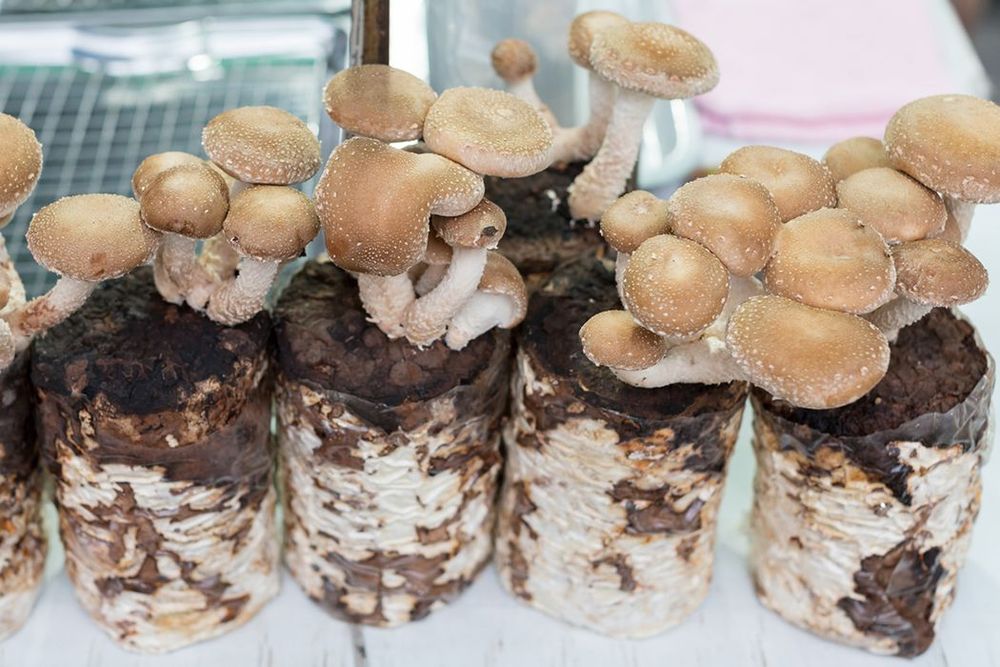
Plastic has become ubiquitous in our home and work lives over the past 50 years. It is pliable, durable, easy to make, and hard to break. Plastic may be convenient and useful, but it also won’t break down naturally, which makes it a long-lasting pollutant. A recent study published in Science Advances found that humans have produced 8,300 million metric tons of plastic to date, which is 25,000 times the weight of the Empire State Building. Seventy nine percent of that has ended up in landfills or the ocean. If we continue making plastic at our current rate, that figure will reach 12,000 metric tons by the year 2050. Plastic pollutants are showing up in drinking water all over the world as well as in food products, like beer. We have a serious problem.
Humans are “addicted” to plastic, says Gavin McIntyre, chief scientist and co-founder of Ecovative, a company aiming to reduce our dependence on plastic and other toxic or non-decomposable materials by making biodegradable alternatives. For several years, Ecovative has been manufacturing eco-friendly packaging supplies, and has just received a grant from the Environmental Protection Agency to further develop its new product, mResin, an alternative to the harmful adhesives found in most paneling and insulation.
Ecovative products, unlike most synthetic plastics that are made from crude oil, are grown from mycelium—networks of fungal or mushroom roots. In nature, fungi break down waste, such as old leaves, dead plants, and pieces of wood, and use it to propagate. Ecovative harnesses this natural process and grows the mycelium into various shapes and structures, from pieces of furniture to packaging materials like MycoFoam, its trademarked Styrofoam substitute.
Global shipping has dropped off, and exporters are warning that refrigerated container (reefer) shortages pose major problems for food trade. Soil is even wetter than last year in US Midwest, presaging a difficult — and potentially catastrophic — 2020 season. UK is under water. China is shutdown. Australia reported record low crops. Grow food. Store it. Prepare for a limited collapse of our food system.
FULL SHOW NOTES:
SUPPORT THE SHOW:
http://patreon.com/iceagefarmer
http://paypal.me/iceagefarmer
JOIN THE CONVERSATION:
http://iceagefarmer.com/discord
IAF RESOURCES:
⇒ GDD: Growing Degree Days tool: how much colder has 2019 been for you?
http://iceagefarmer.com/gdd
⇒ IAF Wiki — read history, understand cycles, know what’s coming:

Europe’s first fast food delivery service by drone will start in south Dublin in a matter of weeks, according to Manna Aero founder, Bobby Healy.
Speaking today on Independent.ie’s technology podcast, The Big Tech Show, Mr Healy said that the public service will be launched in a south Dublin suburb with 30,000 people in March. He said that the three-minute service will deliver food from several chains.
“Camile Thai is a partner on the food side,” he said. “Next Tuesday, we will formally announce the name of a major online food player that everybody knows.”
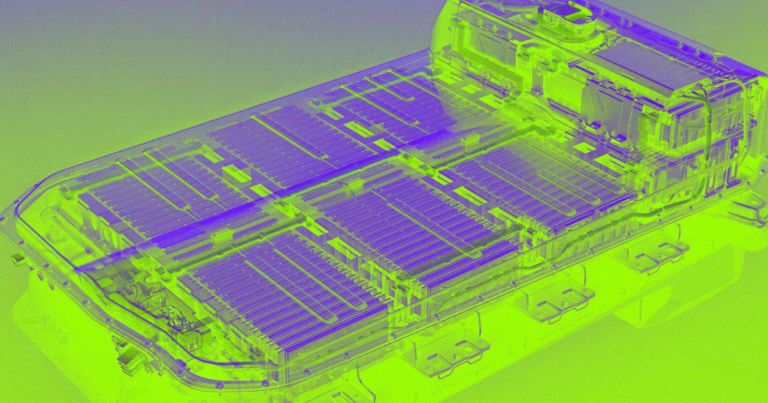
Current-day EVs generally use graphite anode batteries, which tend to provide shorter range compared to their gas-guzzling brethren, according to the researchers. Silicon anodes, on the other hand, have ten times the capacity — but are much worse at holding their capacity over time.
Frying Batteries
The team, led by Hun-Gi Jung, came up with a way to keep these silicon anodes stable by using “a simple thermal process used for frying food,” according to a statement, which involves the use of water, oil, and starch.

China is deploying robots and drones to remotely disinfect hospitals, deliver food and enforce quarantine restrictions as part of the effort to fight coronavirus.
Chinese state media has reported that drones and robots are being used by the government to cut the risk of person-to-person transmission of the disease.
There are 780 million people that are on some form of residential lockdown in China. Wuhan, the city where the viral outbreak began, has been sealed off from the outside world for weeks.
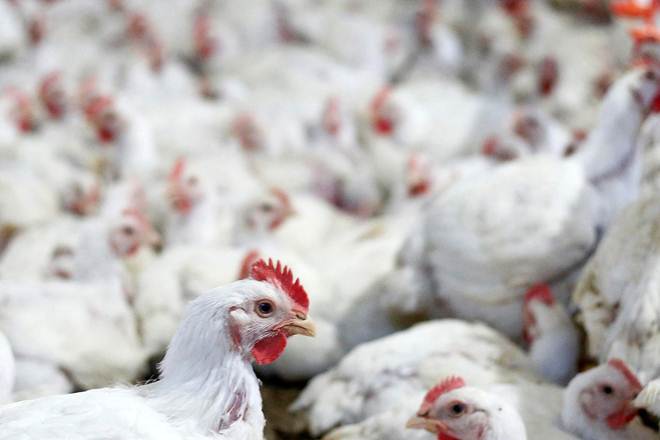
Coronavirus outbreak: Non-vegetarians, pay attention! The FSSAI is all set to roll out hygiene rating of the country’s fish and meat shops! Curious to know why this is important? Let’s go no further than the coronavirus outbreak that has hit the world so badly that there is global concern about hygiene standards of meat and fish markets. In fact, the FSSAI CEO shared his concerns about the hygiene standards in the country’s meat and fish markets. Terming that it is “not good”, he expressed confidence that the situation will improve in the coming years.
For the last six months, India’s food regulator stepped up efforts to ensure sanitation and hygiene across the country’s fish and meat markets. However, given the deadly coronavirus outbreak which has been linked to Wuhan’s meat market, it is only logical that the FSSAI wants to speed up the audit processes that are now underway.
Related News
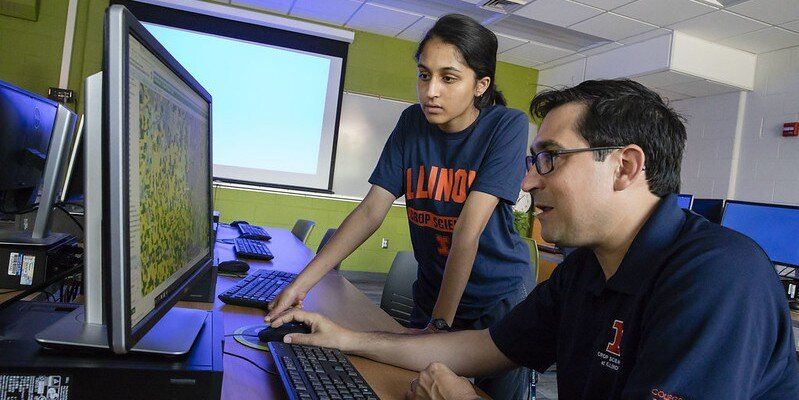
With some reports predicting the precision agriculture market will reach $12.9 billion by 2027, there is an increasing need to develop sophisticated data-analysis solutions that can guide management decisions in real time. A new study from an interdisciplinary research group at University of Illinois offers a promising approach to efficiently and accurately process precision ag data.
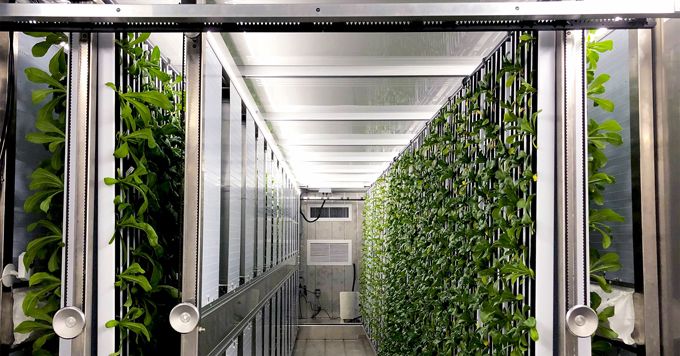
“It’s a 320-square-foot shipping container like you would see on a boat, a train, a truck, outfitted with an automated growing system,” he says, “to grow about 3.5 acres worth of produce with no pesticides, no herbicides, and about 98.5% less water.” Inside the Greenery, plants grow vertically, with their roots in a nutrient solution instead of soil. Sensors, pumps, and LED lights automatically maintain ideal growing conditions, so you don’t have to be an expert to start farming. “You plug it in and you’re growing same day,” McNamara says.
The crops grow vertically under LED lights.
A weird black fungus was discovered inside the Chernobyl nuclear reactor 🤔.